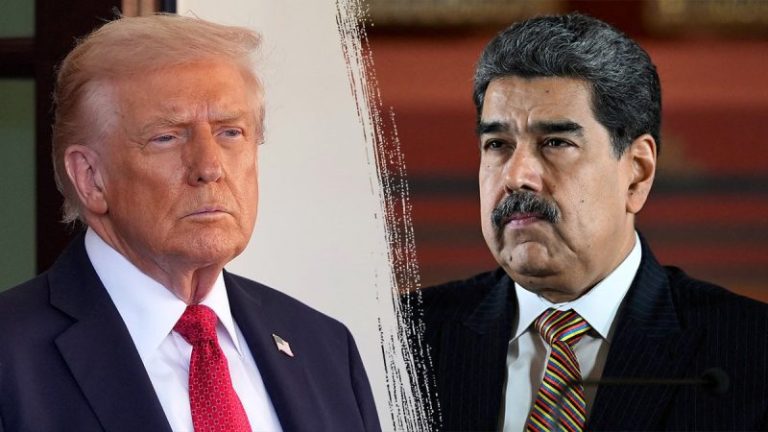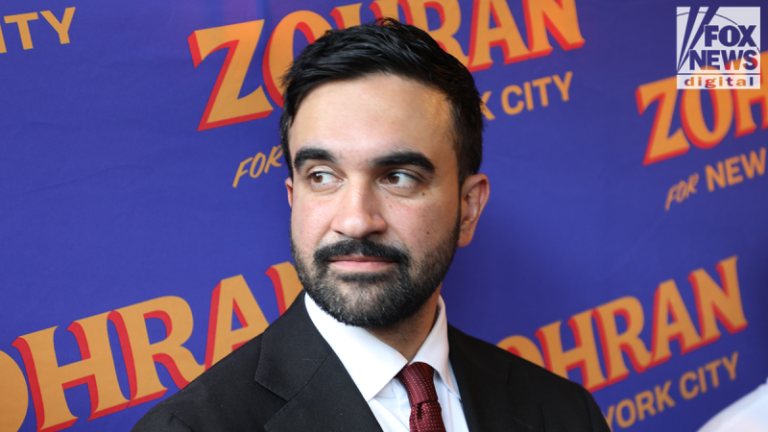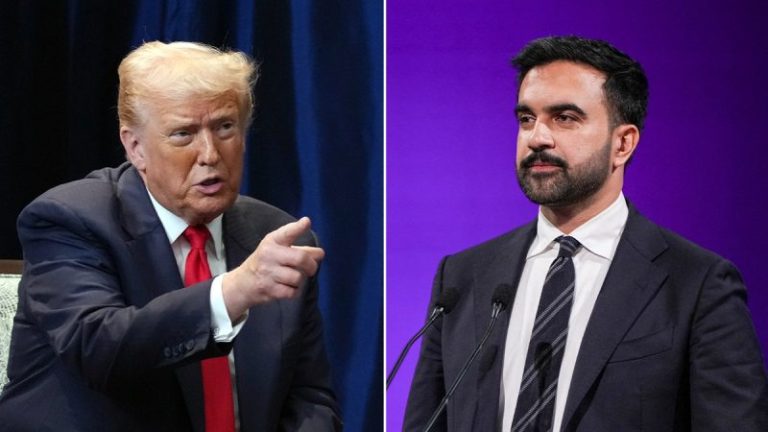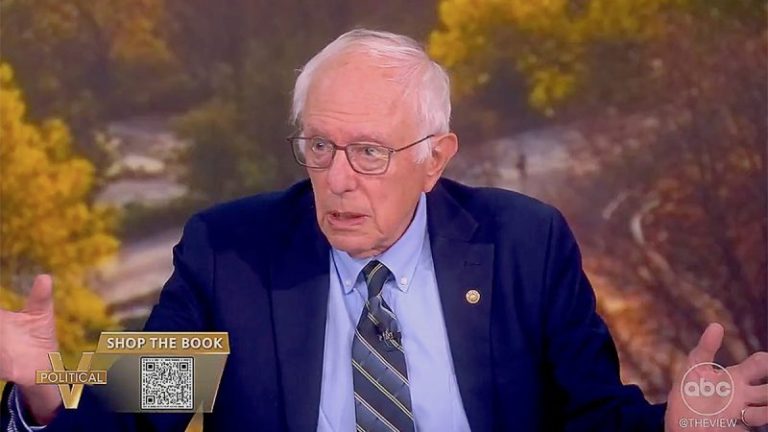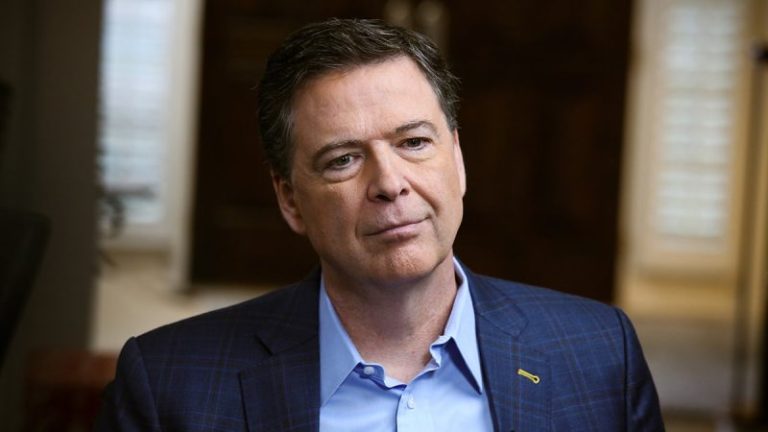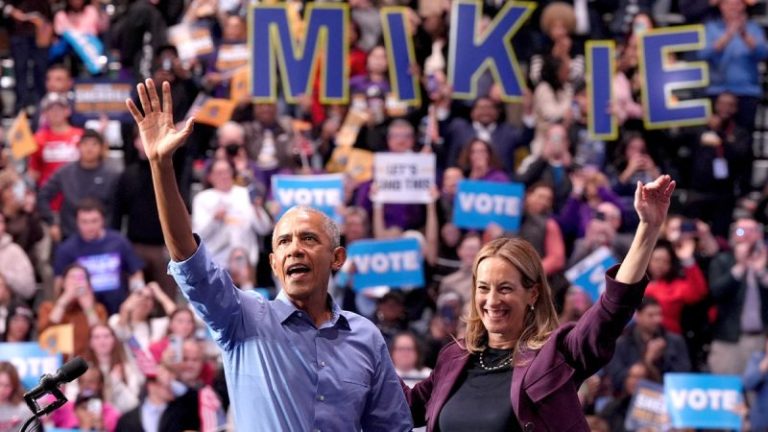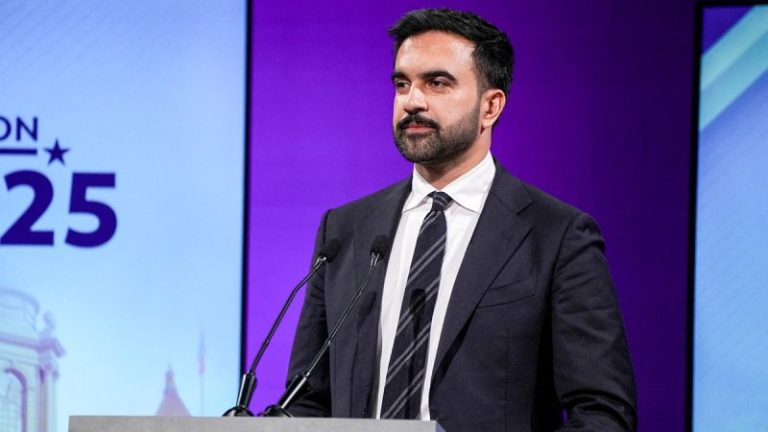Senate Majority Leader John Thune, R-S.D., and Senate Republicans are considering pushing back the House-passed government funding extension in a bid to give lawmakers more time to pass spending bills.
The House’s continuing resolution (CR) would reopen the government until Nov. 21. That bill has been blocked by Senate Minority Leader Chuck Schumer, D-N.Y., and Senate Democrats 13 times so far and has pushed the shutdown into record-breaking territory.
Given that the original seven-week plan has now shrunk to just three weeks as the shutdown drags on, Thune and the Senate GOP realize that more time will be needed to pass appropriations bills.
‘The House-passed CR is, you know, the idea that we could get any appropriations bills done, you know, by November the 21st now, that date’s lost,’ Thune said.
The objective now is to produce a CR that extends the funding deadline, possibly into January. Thune said that he was ‘certainly open’ to extending the deadline into next year. Senate Republicans tried to get a package of three bills on the floor, along with possibly more, late last month. But that move was blocked by Senate Democrats.
‘As you look at the calendar, if you want to do normal appropriations work, you look at how long it takes to get bills across the floor in the Senate and through the House,’ he said. ‘It’s, you know, the longer sort of runway there is better.’
To do so would either require a fresh CR, or the House-passed bill could be amended. Still, anything that Republicans hash out will need to break through the 60-vote threshold in the Senate and require support from Democrats.
Any changes to the House’s bill, or a new bill, would also need to be sent back to the House, which House Speaker Mike Johnson, R-La., has kept out of session now for over six weeks.
Johnson, when asked about time running out on the House-passed CR, didn’t say whether lawmakers would need to craft a new one or extend the Nov. 21 deadline. He blamed Senate Democrats, however, for running out the clock.
‘We’re very mindful of the clock,’ Johnson told Fox News’ Will Cain on ‘The Will Cain Show.’ ‘And the great irony here is the Democrats are the ones that are taking the time off that clock. We needed it.’
But lawmakers in the lower chamber already expected that more time would be needed given the blockade in the upper chamber.
House Appropriations Committee Chairman Tom Cole, R-Okla., told Fox News Digital in an interview late last month that he believed a new CR would be needed, ‘having wasted this much time.’
Asked about what timing he believed would be realistic, Cole said he could see a short-term measure ‘probably into early January’ in a bid to avoid a colossal, year-end funding bill known as an omnibus where all 12 appropriations bills and numerous spending and policy riders are crammed into one bill.
‘In both chambers, both parties, there’s a dread of what’s called the Christmas omnibus, where we put you right up to the edge of Christmas, and they don’t let you go home to your family until you pass a God awful omnibus bill. We don’t want to do that to our members,’ he said.
But there’s another faction within the GOP calling for a longer-term bill. A source familiar with the House Freedom Caucus told Fox News Digital last month that its chairman, Rep. Andy Harris, R-Md., would advocate for a bill extending into December 2026 — provided he agreed with the details in the measure itself.
Meanwhile, Thune said that he was optimistic that the shutdown could end this week. The Senate is nearing yet another scheduled recess, this time for Veterans’ Day next week, that could see lawmakers leave Washington, D.C., with the government still closed.
He wasn’t ready to outright cancel the recess, but noted that ‘if we don’t start seeing some progress or some evidence of that by at least the middle of this week, it’s hard to see how we would finish anything by the end of the week.’
‘I think we’re getting close to an off-ramp here, but, you know, this is unlike any other government shutdown,’ he said.


